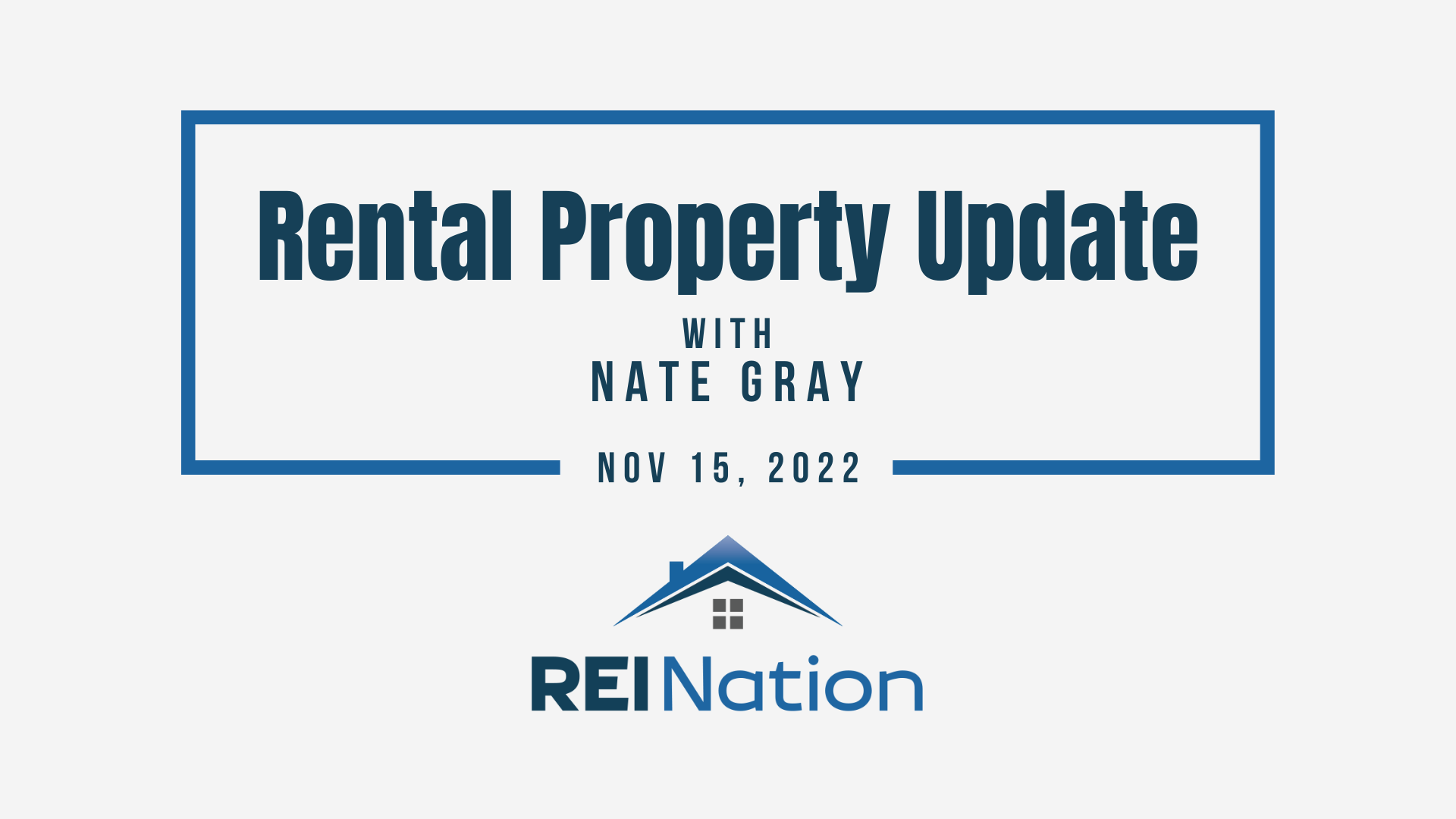
The bigger your real estate investment portfolio grows, the more diligent you must be in wealth management.
After all, maximizing your investment wealth isn’t just about scaling your portfolio. While this creates multiple streams of income, no investor can scale indefinitely – and no number of properties will balance out poor management choices.
No – you've got to realize your full potential in your existing properties. That will ensure your portfolio, no matter how big or small, is an ironclad wealth-building machine!
Maximize Your Investment Property Profitability with These Strategies
1. Identify your reliable income streams
A good investment portfolio has a strong foundation. When you prioritize reliable assets – think buy-and-hold investments in stable, growing markets – you build up streams of income and wealth that aren’t shaken by the unexpected. As a result, you’re more able to take other risks. When you set out as a real estate investor, stability should be your priority in a portfolio. Skip the hottest markets. Target ones with a reputation for slow-and-steady gains.
Analyze various investment markets (namely their existing patterns and projections) so that you choose the best possible place to invest your hard-earned money.
2. Reduce turnover, increase lease renewal
For real estate investors, turnover is costly. You not only temporarily lose a stream of income, but you’re on the hook for prepping and marketing your property to its next residents. That can mean paying for professional cleaning, much-needed renovations, and other expensive fixes that can’t always be done while the house is occupied.
Reducing turnover isn’t just about competitive pricing. If anything, the quality of your property management team – their expertise, attentiveness, and resident relations – is the single greatest determining factor in whether your residents renew.
3. Find a sweet spot for increasing property value
In theory, you could infinitely improve upon your property and increase its value. But that presumes your property exists in a vacuum. It does not! As a real estate investor, you want to position your property as a premier option without over-renovating for its position in the market. When you make property renovations, they need to be done relative to market comps.
For an investment property, you want quality and durability, not luxury. Otherwise, you’ll wind up with a property that sticks out like a sore thumb and struggles to meet its ROI potential.
4. Stay on top of market trends
Though buy-and-hold investors can weather anything the market throws at them, it doesn’t mean you can ignore market trends. Every investor must pivot and adjust – however minutely – to take advantage of market conditions on macro and micro levels. Investigating new markets also allows you to target new areas worth investing in. That, in turn, diversifies your portfolio and mitigates overall risk.
Market research isn’t reserved for the property-buying process. Continue to immerse yourself in your markets so that you can predict, understand, and adapt for the benefit of your bottom line.
5. Reduce expenses (without compromising quality)
One of the big pieces of advice you’ll see about maximizing rental property income is about reducing costs. While it’s always good to be prudent with your money, cutting expenses indiscriminately isn’t the way to success. Some expenses are necessary and very much worth the cost – even if, in theory, you could replace the service with something cheaper.
Where property management, renovations, and repairs are concerned, you want to spend whatever you need to for quality, reputable service. These aren’t just expenses. They are investments in your property.
It comes down to this: don’t approach investing in real estate with a DIY mindset. You’ll save yourself a lot of time, money, and headaches by leaning on worthwhile professionals. It’s not about the cheapest options: it’s about the most effective options.
6. Prioritize preventative maintenance
Successful real estate investors are proactive, not reactive. You preserve the equity in your properties and avoid big, catastrophic expenses when your team knows exactly what’s going on. They check into complaints, they survey the property for issues regularly, and they’re quick to make repairs. Again, there’s this damaging mindset some investors have about saving money. Putting off a repair, a replacement, or a much-needed service doesn’t save anything. It only opens your property up to greater (and more expensive) risk.
We can’t stress this enough: excellent property management is worth the cost. It’s your first line of defense against virtually anything that can hurt property profits and value.
Looking to start earning passive income? Connect with one of our Portfolio Advisors today!










.jpg)

